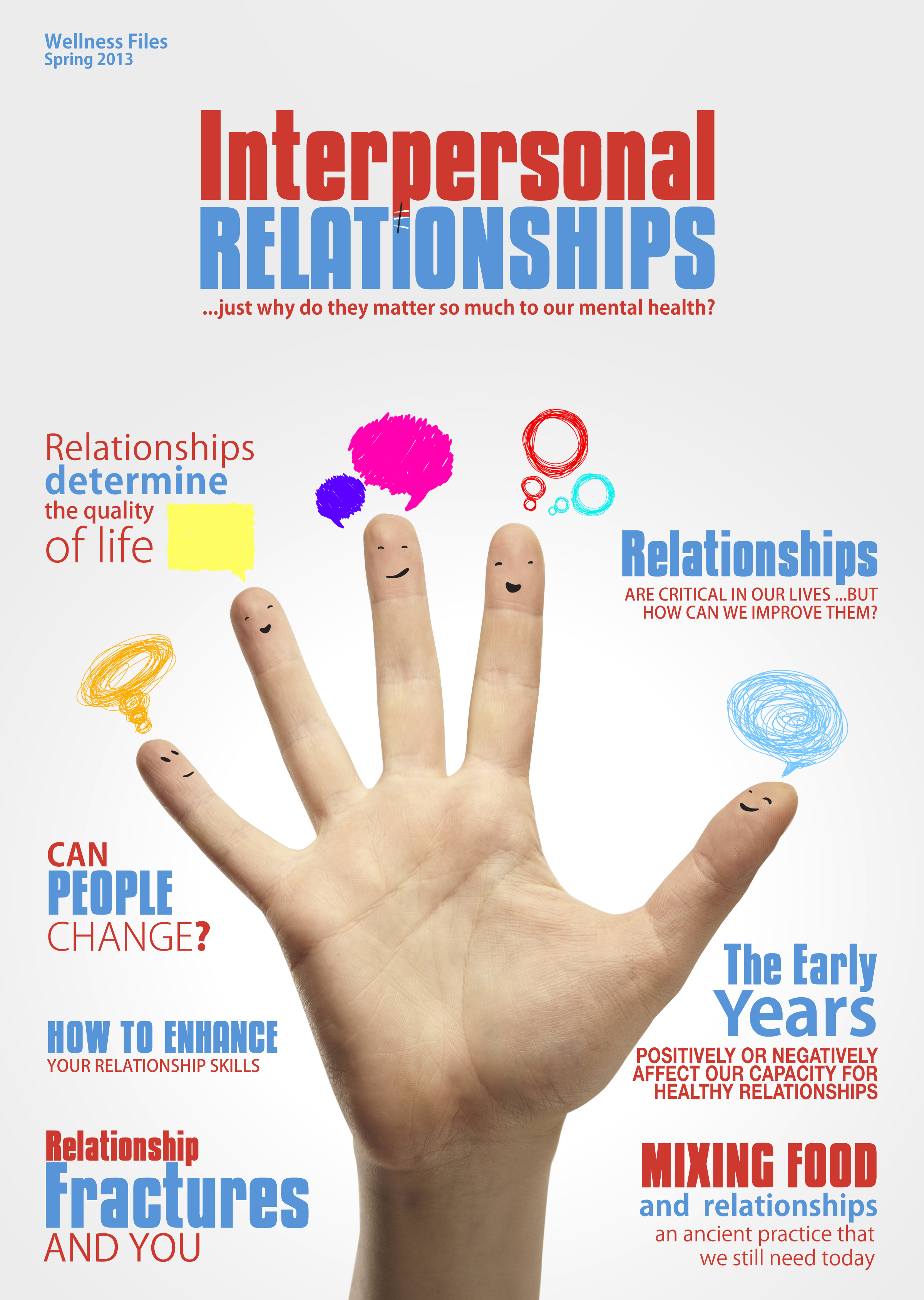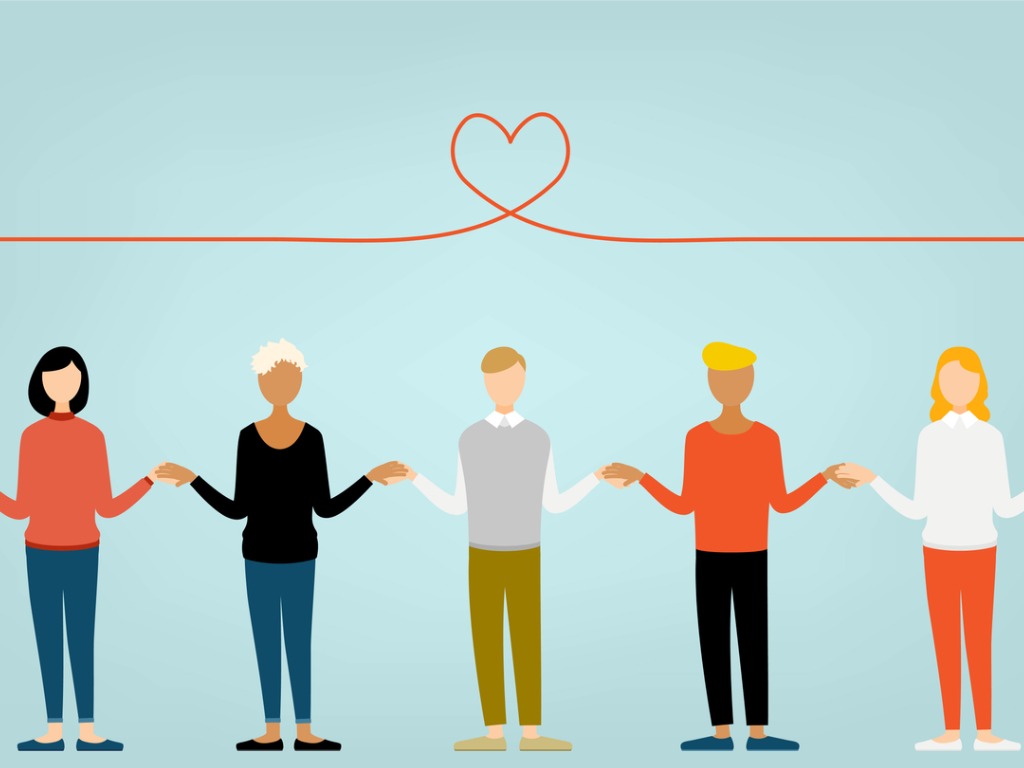Relationships: The Ultimate Guide To Building And Maintaining Strong Connections
Listen up, folks. We’re diving deep into something that affects almost every aspect of our lives—relationships. Whether it’s romantic partnerships, friendships, or family bonds, these connections shape who we are and how we navigate the world. But here’s the kicker: relationships ain’t always sunshine and rainbows. They require effort, understanding, and sometimes, a little help from the right resources. If you’re ready to level up your game, this guide’s got your back.
Now, let’s be real for a second. Relationships can be tricky as hell. You might find yourself asking questions like, “Why does communication feel so hard?” or “How do I deal with conflict without losing my mind?” Fear not, because we’re breaking it all down for you. From expert tips to real-life examples, this article aims to empower you to build stronger, healthier connections.
So buckle up, grab a snack, and get ready to learn some game-changing strategies. By the end of this read, you’ll have a clearer understanding of what makes relationships tick—and how you can make them work for you. Let’s dive in!
Read also:Discovering Livia Giuggioli A Journey Through Her Life And Achievements
Table of Contents:
- Biography of Relationships
- Types of Relationships
- Communication in Relationships
- Conflict Resolution
- Building Trust
- Romantic Relationships
- Friendships That Last
- Family Dynamics
- Mental Health & Relationships
- Final Thoughts
Biography of Relationships
Before we jump into the nitty-gritty, let’s take a moment to understand what relationships really are. At their core, relationships are connections between people. These connections can be romantic, platonic, familial, or even professional. But here’s the thing: relationships evolve over time. What starts as a casual friendship might blossom into a lifelong partnership. And sometimes, relationships hit rough patches—or even end. It’s all part of the journey.
Data and Stats
Here are some interesting stats to chew on:
- Studies show that strong relationships contribute significantly to mental well-being.
- About 40% of marriages in the U.S. end in divorce, often due to communication issues.
- People with robust social networks tend to live longer and healthier lives.
These numbers highlight just how important relationships are to our overall happiness and health. So, yeah, they’re kind of a big deal.
Types of Relationships
Not all relationships are created equal. There are different types, each with its own set of dynamics and challenges. Let’s break it down:
Romantic Partnerships
These are the ones that usually come to mind when we think of relationships. Romantic partnerships involve emotional intimacy, physical attraction, and often a commitment to building a life together. But let’s be honest, they ain’t always easy. From dating to marriage, there’s a lot to navigate.
Read also:How To Test Electrical Wires A Comprehensive Guide For Beginners
Friendships
Friends are the family we choose. Whether it’s a childhood bestie or a new coworker, friendships add richness to our lives. But like any relationship, they require effort and care to thrive.
Family Bonds
Family relationships are unique because they’re often rooted in blood ties. While some family bonds are strong and supportive, others can be complicated or even toxic. Understanding these dynamics is key to maintaining healthy connections.
Communication in Relationships
Let’s talk about the elephant in the room: communication. It’s the foundation of any successful relationship, yet it’s where so many of us stumble. Why? Because effective communication isn’t just about talking—it’s about listening, too.
Active Listening
Active listening means giving your full attention to the person speaking. It’s not just hearing their words but truly understanding their emotions and perspective. Try these tips:
- Maintain eye contact.
- Avoid interrupting.
- Ask clarifying questions.
Expressing Yourself
Being open about your thoughts and feelings is crucial. But it’s important to do so in a way that’s respectful and non-confrontational. Use “I” statements instead of blaming language. For example, say “I feel hurt when…” instead of “You always do this!”
Conflict Resolution
Conflict is inevitable in any relationship. The key is how you handle it. Avoiding conflict or letting it fester can lead to bigger problems down the road. So, how do you resolve conflicts effectively?
Stay Calm
When emotions run high, it’s easy to say things you don’t mean. Take a deep breath and give yourself time to cool off before addressing the issue.
Find Common Ground
Look for areas where you and the other person agree. This can help create a sense of unity and make it easier to find a solution.
Building Trust
Trust is the glue that holds relationships together. Without it, even the strongest bond can crumble. So, how do you build trust?
Be Reliable
Do what you say you’ll do. Show up when you’re needed. Consistency builds trust over time.
Practice Honesty
Honesty isn’t always easy, but it’s essential. Be truthful, even when it’s difficult. People appreciate authenticity.
Romantic Relationships
Romantic relationships come with their own set of joys and challenges. From dating to long-term commitment, there’s a lot to consider. Here are a few tips for making love last:
Keep the Spark Alive
Relationships need regular attention to stay vibrant. Date nights, surprises, and small gestures of affection can go a long way.
Set Boundaries
Healthy boundaries are key to a thriving relationship. Respect each other’s space and needs, and communicate openly about what works and what doesn’t.
Friendships That Last
Friendships are one of life’s greatest gifts. But they require effort to maintain. Here’s how to nurture those bonds:
Be Present
In today’s busy world, it’s easy to lose touch. Make time for your friends, even if it’s just a quick coffee or phone call.
Support Each Other
Be there for your friends during the good times and the bad. Show up when they need you, and celebrate their successes.
Family Dynamics
Family relationships can be complex. Whether you’re dealing with a difficult sibling or a distant parent, understanding the dynamics at play is key.
Set Realistic Expectations
Not all family members will get along all the time. Accepting this reality can help reduce frustration and conflict.
Communicate Openly
Talk openly about your feelings and needs. Encourage others to do the same. This can help clear up misunderstandings and build stronger connections.
Mental Health & Relationships
Mental health plays a big role in relationships. When one person is struggling, it can affect the entire dynamic. Here’s how to support each other:
Prioritize Self-Care
Taking care of your own mental health is crucial. Practice self-care and encourage your loved ones to do the same.
Seek Professional Help
Don’t hesitate to seek therapy or counseling if needed. A professional can provide valuable insights and tools for improving relationships.
Final Thoughts
Alright, folks, we’ve covered a lot of ground here. From understanding the different types of relationships to mastering communication and conflict resolution, you’re now armed with the knowledge to build stronger, healthier connections.
Remember, relationships take work—but they’re worth it. They enrich our lives, provide support, and help us grow as individuals. So, go out there and nurture those bonds. And don’t forget to share this article with someone who might find it helpful!
What’s your biggest takeaway from this guide? Drop a comment below and let’s keep the conversation going.


